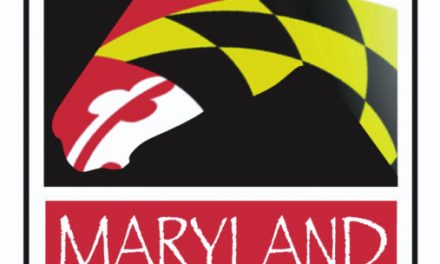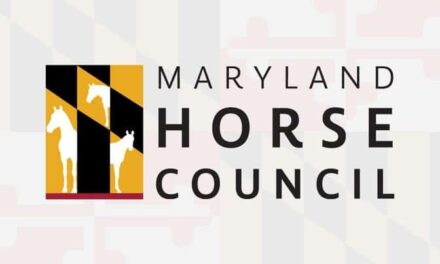The New Year got off to a roaring start with the passage by Congress of the Tax Relief, Unemployment Insurance Re-authorization, and Job Creation Act of 2010. President Obama signed the $858 billion package into law immediately after the Senate passed the bill on December 15 (81 to 19), followed by the House on December 16 (277 to 148, with 112 Democrats and 36 Republicans voting no).
Passage of the legislation avoids tax increases and is scheduled to go into effect automatically on January 1, 2011, on everyone’s individual income, capital gains, and dividend income and on estates. The bill also includes other tax benefits for the horse industry supported by the American Horse Council.
Under the legislation, individual income tax rates will remain at current levels for two more years, through 2012. The marginal rates will stay at 10% to 35% depending on one’s income bracket. The rate structure is indexed for inflation. Had the bill not been passed and the current rates allowed to lapse, tax rates would have risen about 4% for each bracket.
The tax rate on capital gains will remain at 15% for another two years, rather than rising to 20%.
The tax rate on dividends will remain at 15% for another two years, rather than being taxed at the same rate as a taxpayer’s ordinary income, which could be as high as 35%.
Payroll taxes for all workers will be reduced 2% from 6.2% to 4.2% for 2011 on wages up to $106,800. This will put up to $2,136 extra in the pocket of every U.S. worker earning under that figure.
Estate Tax Rate and Exemption
Effective January 1, 2011, the top estate tax rate will be 35% with an exemption of $5 million for individuals and $10 million for married couples through 2012. This means that only estates valued at over $5 million ($10 million for married couples) will be subject to the tax.
Expensing Allowance Increased to 100%
Under current law, anyone who purchases a horse or other property for his horse business and places it in service in 2010 can deduct up to $500,000 of the cost. This applies to horses, farm equipment and other depreciable property used in a business. This limit will be eliminated for 2011 allowing horse owners and other horse businesses to write off the entire cost of most capital assets when purchased and placed in service. This provision is retroactive and will benefit any business involved in the horse industry that purchases and places depreciable property in service after September 8, 2010 and through 2011.
Contribution of Property for Conservation Purposes
Owners of horse farms and ranches are interested in the tax benefits available to those who contribute property for conservation purposes. Conservation easements are one way that owners can keep their property available for farming, rather than selling it for commercial purposes, while getting a tax benefit. Under legislation passed a number of years ago, a landowner with 50% of more of his/her income from agriculture could get a deduction for the contribution of a conservation easement up to his/her full income, with any unused amount carried forward for 15 years. This provision had expired and the deduction was limited to 30% of income.
The tax bill reinstated the conservation easement benefit for two years, through 2012, for contributions made in taxable years after December 31, 2009.











